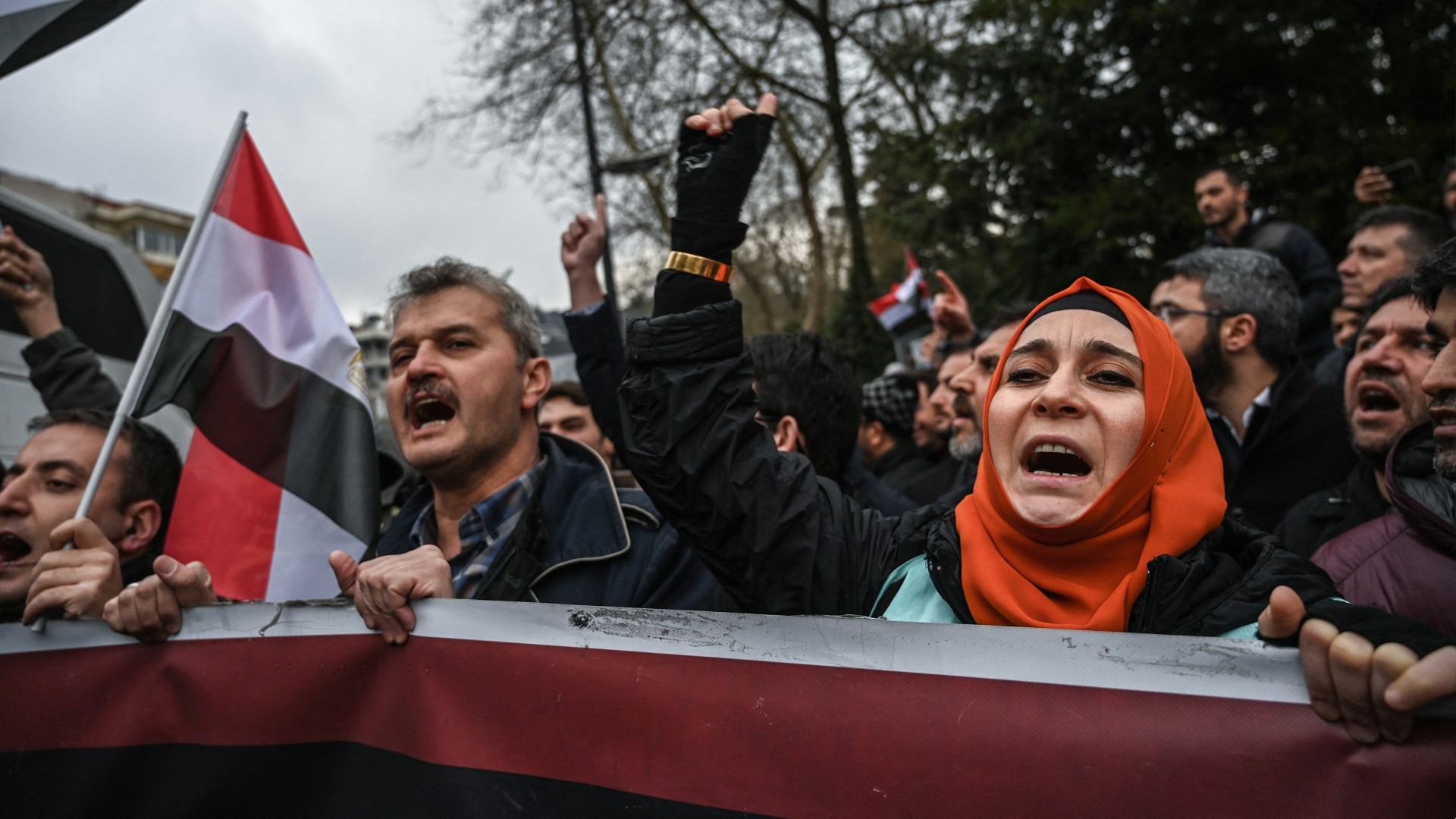Egypt denies identity documents for dissidents 'to pressure them to return'

Egyptian authorities are systematically refusing to provide or renew identity documents to dissidents, journalists and activists living abroad, in an apparent attempt to pressure them to return, according to a new report.
Human Rights Watch said on Monday that it had interviewed 26 Egyptians living in Turkey, Germany, Malaysia, Qatar and unnamed countries in Africa and the Gulf between June and December last year, and reviewed the documents of nine of them.
The interviewees told the rights group they were unable to obtain birth certificates or renew passports or ID cards, which has resulted in restrictions of their access to rights, and the risk of deportation back to Egypt.
“The government of President Abdel Fattah el-Sisi has been turning the screws on dissidents abroad by depriving them of essential identity documents,” said Adam Coogle, deputy Middle East and North Africa director at Human Rights Watch.
“After sparing no effort to crush domestic opposition and public dissent through mass arrests, unfair trials, and rampant torture in detention, the government is ramping up efforts to punish and silence those abroad.”
Stay informed with MEE's newsletters
Sign up to get the latest alerts, insights and analysis, starting with Turkey Unpacked
Interviewees in Turkey said the Egyptian consulate only accepted requests for documents through its Facebook page, requiring applicants to fill out unofficial, extralegal forms in which they are required to provide private details such as links to their social media account.
The consulate in Istanbul has effectively been closed since around 2018. In recent months, relations between Turkey and Egypt have become closer; with dissidents feeling increasingly unsafe over the same period.
“I’m a toy in a political competition,” a 29-year-old Egyptian in Turkey said.
'Violating international law'
Those interviewed said it was near-impossible to legally challenge Cairo’s refusal to provide documents, particularly given that none received official written rejections.
Some were verbally told by officials to go back to Egypt to “solve their problem”, but are at risk of persecution if they return.
Six of the Egyptians interviewed said they had been designated as “terrorists” under Egypt’s draconian terrorism regulations.
Several of the dissidents and activists said that Egypt-based family members were unable to visit them abroad due to fear of security harassment or travel bans. The family members of 10 of the interviewees were also denied documents.
“By arbitrarily depriving its citizens abroad from obtaining valid passports and other identity documents, the Egyptian authorities are violating both the constitution and international human rights law,” the report stated.
“Under international law, everyone has a right to recognition everywhere as a person before the law as well as a right to birth registration.”
The report noted that in recent years, Egyptian dissidents based in Saudi Arabia, Sudan, Kuwait and Malaysia have been extradited, some of whom were later sentenced to years in prison.
It added that some of the interviewees were considering attempting to "migrate irregularly" from Turkey to Europe to apply for political asylum.
At least 60,000 political prisoners are estimated to have been jailed since then defence minister Sisi overthrew Mohamed Morsi, the country's first democratically elected president, and took power in 2013.
Middle East Eye delivers independent and unrivalled coverage and analysis of the Middle East, North Africa and beyond. To learn more about republishing this content and the associated fees, please fill out this form. More about MEE can be found here.





